Search
Remove Ads
Advertisement
Search Results
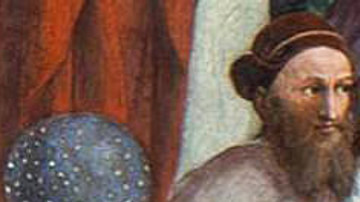
Image
Hipparchus of Nicea by Raphael
A detail from Raphael's 'The School of Athens' (c. 1509 CE) showing Greek astronomer, mathematician and geographer Hipparchus of Nicea (c. 190-120 BCE).
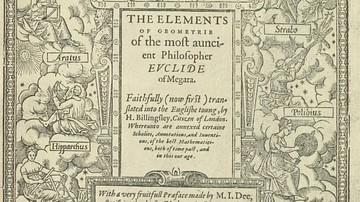
Image
First English version of Euclid's Elements, 1570
Title page of Sir Henry Billingsley's first English version of Euclid's Elements, 1570.
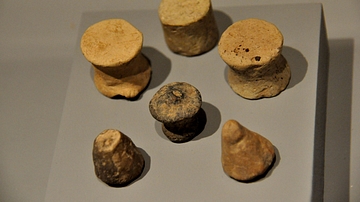
Image
Clay Tokens for Counting
These clay tokens represent the first form of counting, before the invention of writing. They date back to the Neolithic period, 8000-7000 BCE and were found in Tapa Raza, south-east of modern Sulaimaniya Governorate, Iraq. (The Sulaimaniya...
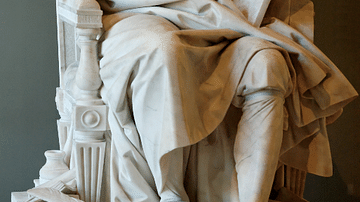
Image
Statue of Pascal, Louvre
A c. 1780 statue by Augustin Pajou of Blaise Pascal (1623-1662), the French scientist, mathematician, and philosopher. Pascal is shown contemplating a mathematical problem involving the cycloid. (Louvre, Paris)

Article
Roman Tunnels
The first tunnels in the Mediterranean were built to transport water from distant springs and mountains to arid areas and cities. They also ensured the constant supply of water when cities were under siege. For example, the 533 m (583 yards...
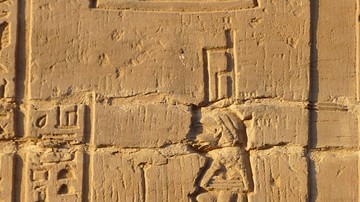
Article
Egyptian Medical Treatments
The ancient Egyptians experienced the same wide array of disease that people do in the present day, but unlike most people in the modern era, they attributed the experience to supernatural causes. The common cold, for example, was prevalent...
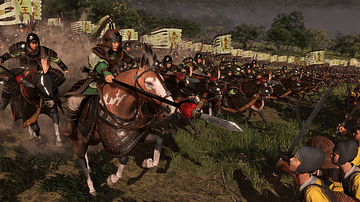
Article
War of the Eight Princes
The War of the Eight Princes (291-306 CE) is the conflict which weakened and finally ended the Western Jin Dynasty (266-316 CE) in China and resulted in more far-reaching consequences throughout the country. The power of the Sima family was...
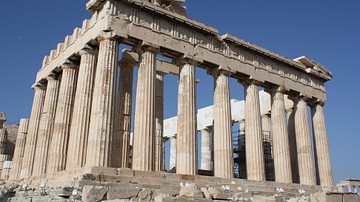
Definition
Athens
Athens, Greece, with its famous Acropolis, has come to symbolize the whole of the country in the popular imagination, and not without cause. It not only has its iconic ruins and the famous port of Piraeus but, thanks to ancient writers, its...
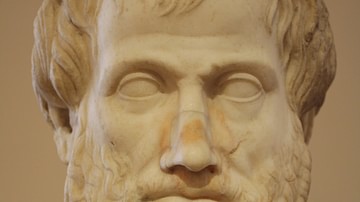
Definition
Aristotle
Aristotle of Stagira (l. 384-322 BCE) was a Greek philosopher who pioneered systematic, scientific examination in literally every area of human knowledge and was known, in his time, as "the man who knew everything" and later simply as "The...
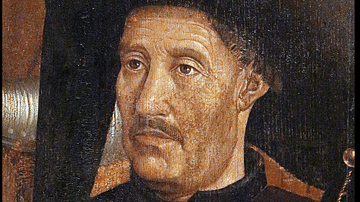
Definition
Prince Henry the Navigator
Prince Henry the Navigator (aka Infante Dom Henrique, 1394-1460) was a Portuguese prince who famously helped capture the North African city of Ceuta, sponsored voyages of exploration with the aim of building colonies in the North Atlantic...